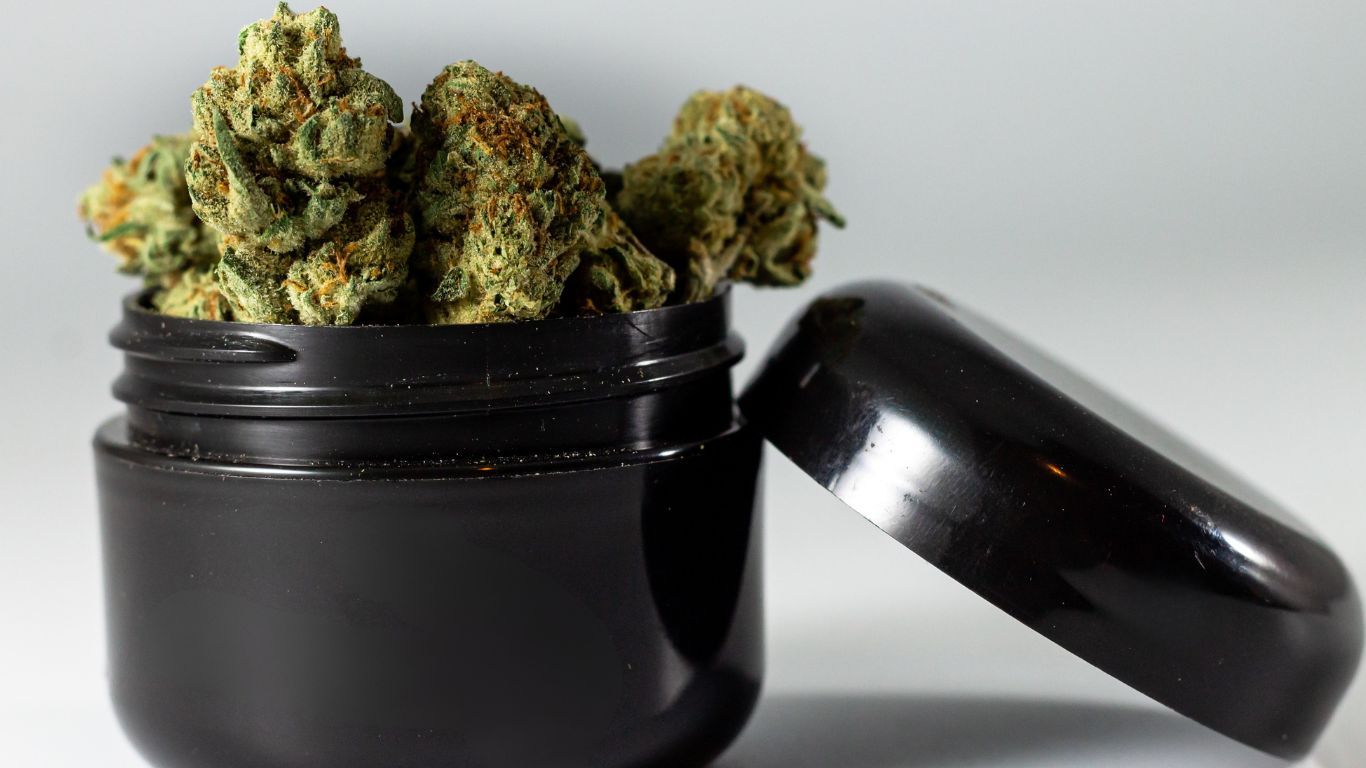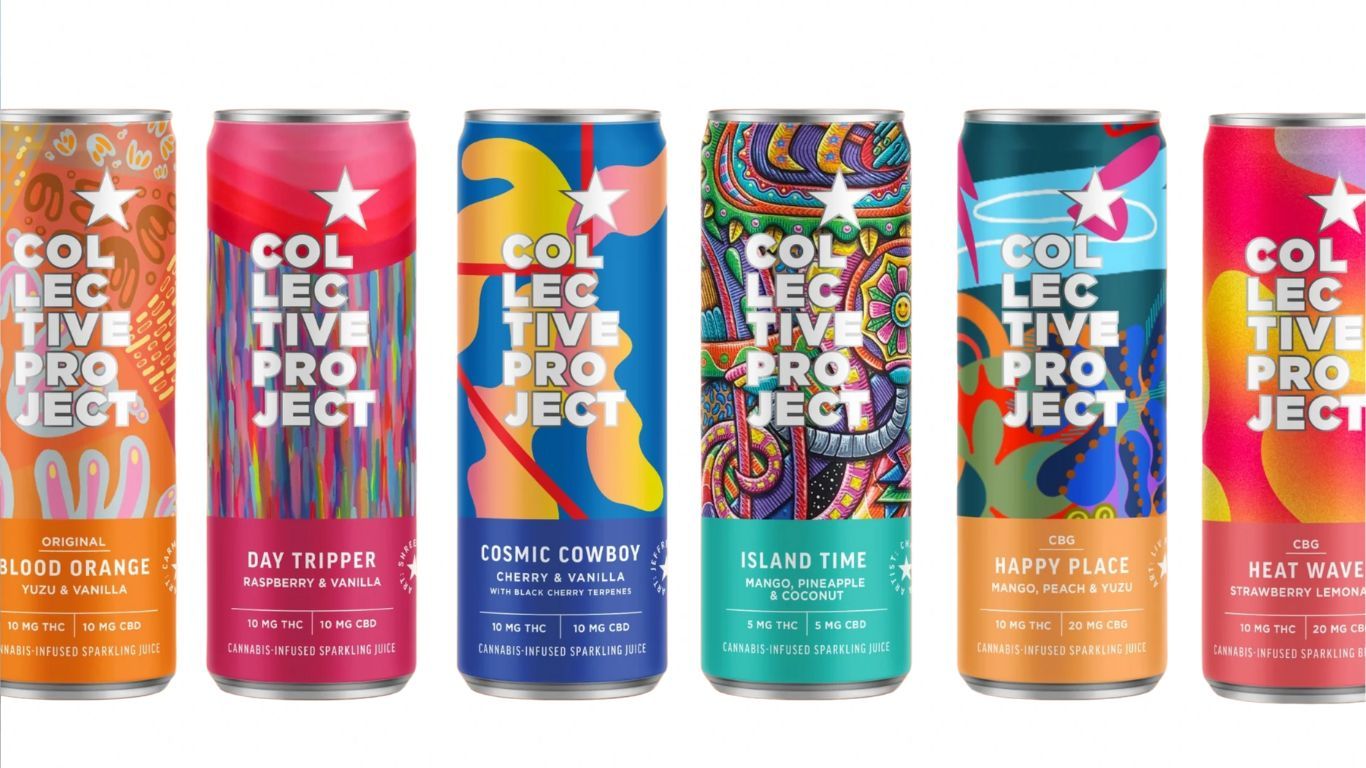
Cannabis growers in the Kootenays will be able to learn what it will take to transition their existing grow infrastructure to fit into the legal market during a free Zoom seminar on Monday, July 13.
The virtual workshop, Transitioning Your Cannabis Facility in the Kootenays, is put together by Community Futures Central Kootenay and will take place from 1-4pm PST, featuring local architect Nelson Rocha.
Rocha will help attendees better understand some of the challenges and requirements for operating a legal cannabis facility, and what will be required to transition an existing building into a compliant legal grow area.
Rocha, who is AIBC, LEED certified, and holds a Masters degree in Architecture at the University of British Columbia, says he’s looking forward to helping explain the issue to community members.
“I… am really interested in this topic and sharing some of my knowledge around it with some of the local growers,” Rocha told Stracann via email.”I would say the biggest challenge for growers transitioning into the legal market is their unfamiliarity with all of the facets that regulate it. Everything from the Health Canada regulations around hygiene and sterilization, employee safety, distribution and storage, and building design is all new territory to them.
“With buildings, occupant safety and control of fire are big concerns,” he continues. “I would venture to guess that nearly all illegal grow facilities do not meet current building code and have varying degrees of compliance. As far as whether it makes more sense to retrofit an existing facility or build a new one (we have been involved in both), it’s tough to say since there are so many variables. But if you’re simply looking to transition to a legal operation and not change the scale of it, and if your structure is reasonably well built and simple, not more than one storey, then it probably makes sense to use what you have and modify it to meet code.”
Paul Kelly, the Program Manager for Community Futures Central Kootenay’s Self-Employment & Cannabis Business Transition Initiative, says he came up with the idea for the workshop after hearing from many regional growers of the challenges they were having when it came understanding some of the details of getting a building approved for commercial cannabis production.
“Some transitioning growers were frustrated by interactions they were having with the Regional District of Central Kootenay (RDCK), so we had a couple of meetings with the RD to investigate what was happening from their perspective,’ Paul wrote to StratCann via email. “The RDCK has been quite supportive of the legal cannabis industry in our community, so we were surprised by the reports of friction.
“It turns out the RD was being approached with projects that needed to spend a bit more time in the design phase before “coming to their attention”. This means they were often being put in a tough position as the regulator, being made aware of occupied buildings that were not permitted or built to code, or projects that did not meet code or zoning requirements – infractions they are unable to “un-see” due to legislation and liability. They also have limited parameters by which to approve an inspection, which does not accommodate the structural creativity seen in some existing Kootenay non-compliant buildings. They indicated that reliance on the professional opinion of an engineer or architect could be an option in these cases.”
“Financing is a second major factor. Equity partners have more or less evaporated as the public markets decline, and charter banks are still unable to step in due to close ties with US banks. We are providing secured lending, but there aren’t a lot of other lenders stepping up, to my knowledge.”
Paul Kelly, Program Manager for Community Futures Central Kootenay’s Self-Employment & Cannabis Business Transition Initiative
Kelly says the logistical and economic challenges for growers who are used to operating in an entirely unregulated market can be a real challenge.
“Illicit growers are accustomed to cultivating, branding, packaging, distributing, and selling their own and keep much of the supply chain proceeds to offset the known risks,” says Kelly. “It’s currently a lucrative, creative undertaking, plus these skilled local growers love delighting their customers & patients with their crop, and they are willing to take the risk of persecution for these rewards. Yet pretty much every one of them would prefer to be licensed if it were easier and the economics are shown to work.”
“Financing is a second major factor,” continues Kelly. “Equity partners have more or less evaporated as the public markets decline, and charter banks are still unable to step in due to close ties with US banks. We are providing secured lending, but there aren’t a lot of other lenders stepping up, to my knowledge. Rumored illicit channel success this year hopefully has these growers thinking strategically about investing those retained earnings in their future transition.”
Although there is no charge and anyone can sign up, the meeting is advertised as being for Kootenay-area growers only. Community Futures has put on similar workshops in the past, covering topics such as Physical Security Requirements for Cannabis Facilities, and Worker Safety in Cannabis Cultivation.
Community Futures Central Kootenay is also currently working with Kootenay area growers with their efforts to navigate the licensing process for the federal licensing regime through Health Canada.











